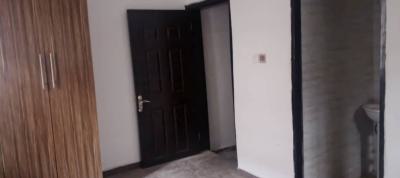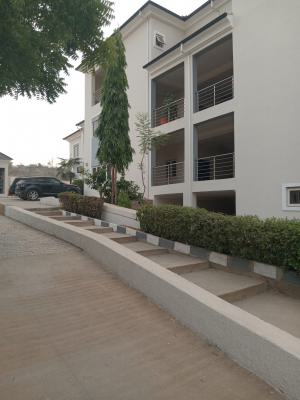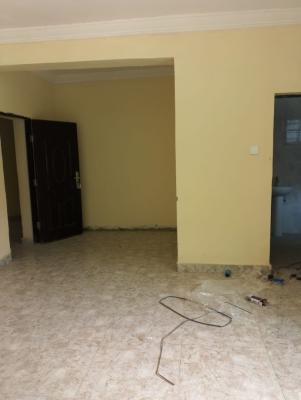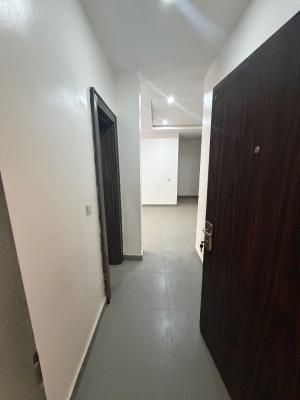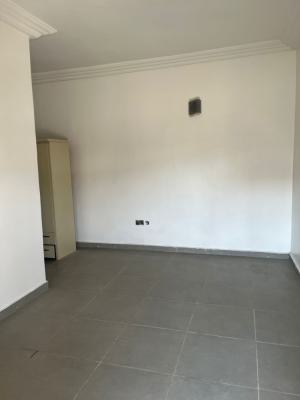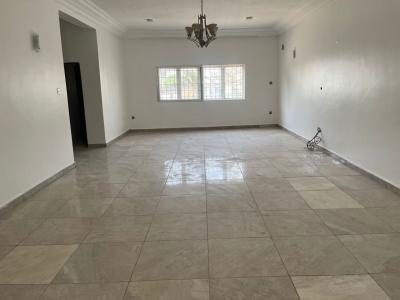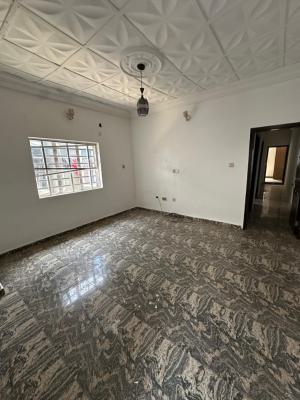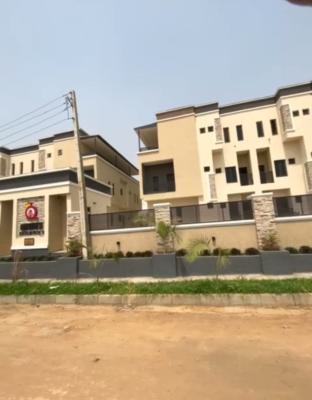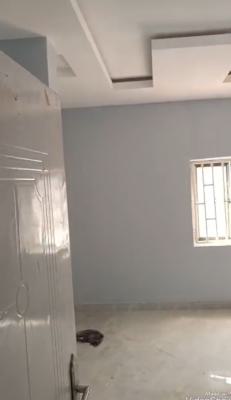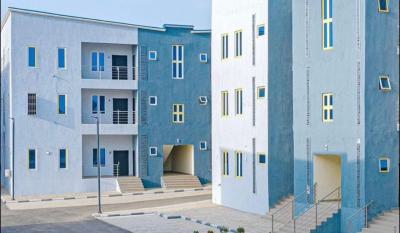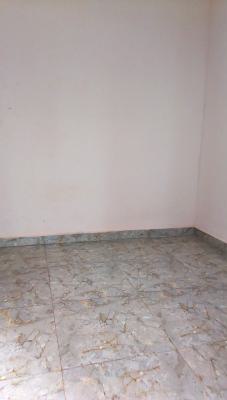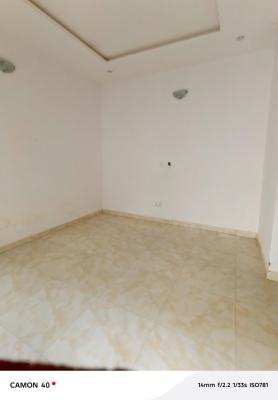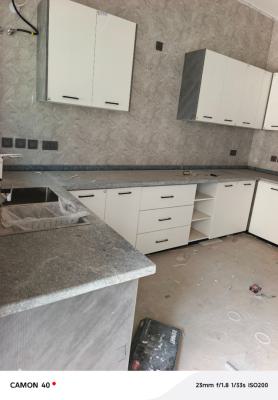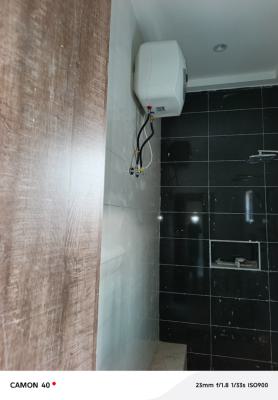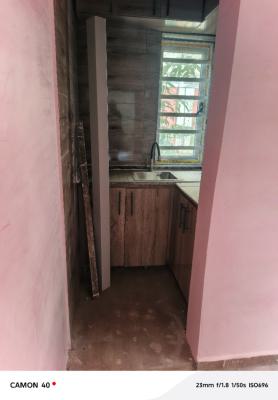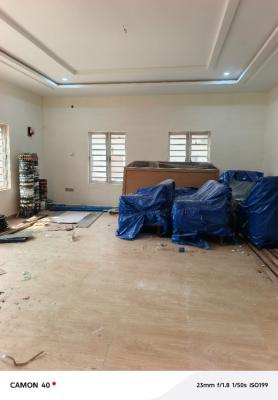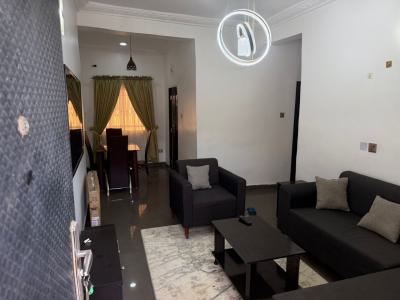Flats for Rent in Idu Industrial, Abuja
Quick Filters
Bedrooms Subtypes Areas Areas
20
2 bedroom flat / apartment for rent
By Nizamiye Turkish Hospital, Idu Industrial, Abuja ₦3,500,000 per annum3 bedroom flat / apartment for rent
Idu-karmo District Abuja ( After Nizamiyel Hospital) Turkish Hospital., Idu Industrial, Abuja ₦6,000,000 per annumSelf contain (single rooms) for rent
By Nizamiya Hospital, Idu Industrial, Abuja ₦1,750,000 per annum3 bedroom flat / apartment for rent
By Nizamiya Hospital, Idu Industrial, Abuja ₦6,000,000 per annum3 bedroom flat / apartment for rent
Around Nile University, Idu Industrial, Abuja ₦6,000,000 per annum1 bedroom flat / apartment for rent
By Nizamiye Hospital, Idu Industrial, Abuja ₦3,500,000 per annumWhat is the average price of flats for rent in Idu Industrial, Abuja?
The average price of flats for rent in Idu Industrial, Abuja is ₦4,000,000 per annum.
What is the price of the most expensive flats for rent in Idu Industrial, Abuja?
The price of the most expensive flats for rent in Idu Industrial, Abuja is ₦7,000,000 per annum.
What is the price of the cheapest flats for rent in Idu Industrial, Abuja?
The price of the cheapest flats for rent in Idu Industrial, Abuja is ₦1,200,000 per annum.
How many flats for rent in Idu Industrial, Abuja are available?
There are 31 available flats for rent in Idu Industrial, Abuja.
You can view and filter the list of property by price, furnishing and recency.


